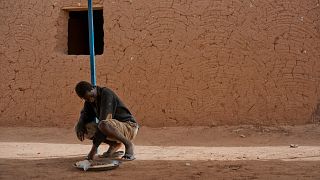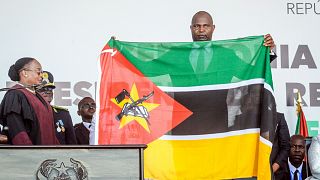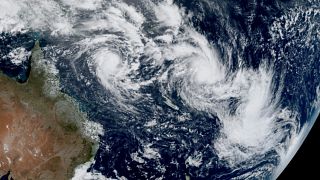Mozambique
Health authorities in Mozambique are battling the most severe cholera outbreak in the country in more than 20 years.
The number of cases of cholera increased after the country was hit by Cyclone Freddy in late February.
The coastal town of Quelimane in northern Mozambique became a cholera hotspot.
"Quelimane is a low-lying city. It's a swamp. So the water tables are very high, so sewage and water will all mix. So that also brought a challenge in terms of trying to combat cholera, and people were fetching water from these contaminated water sources", said Michael Chimedza, chief, Field Office, United Nations Children's Fund (UNICEF).
At one point, the World Health Organization, the United Nations and Doctors Without Borders were treating more than 400 cases a day. The numbers have since come down.
"The beds were not enough because the number was very, very, high. This is a case of success. We had below 20 cases in the last two weeks. It means in one month we went from out-of-control cholera outbreak, it became under control. It was not easy. I was working more than 18 hours per day", admitted Carlos Mafigo, health and nutrition specialist, UNICEF.
Mass vaccination drives and community outreach programs, particularly targeted at pregnant women, have played a part in stemming new infections.












Go to video
UN intensifies patrols at displacement camps amid rising violence in South Sudan
01:12
Cholera outbreak intensifies amidst violence in the DRC
06:01
Sudan: UNICEF ramps up response to cholera outbreak
06:03
Ghana struggles to deal with a cholera outbreak
01:40
Schools in Mayotte prepare to reopen after devastating Cyclone Chido
00:55
South Sudan receives 1.1 mln vaccines to contain cholera spread